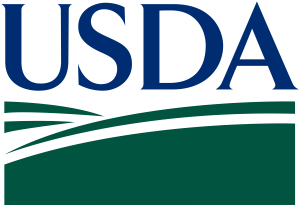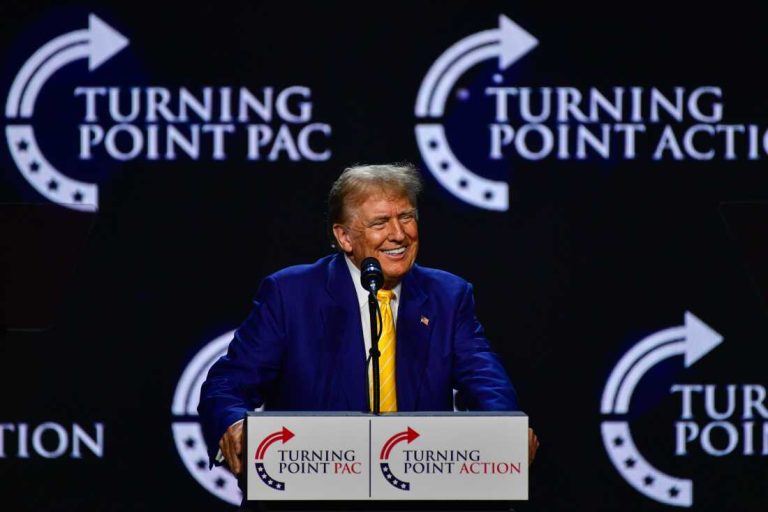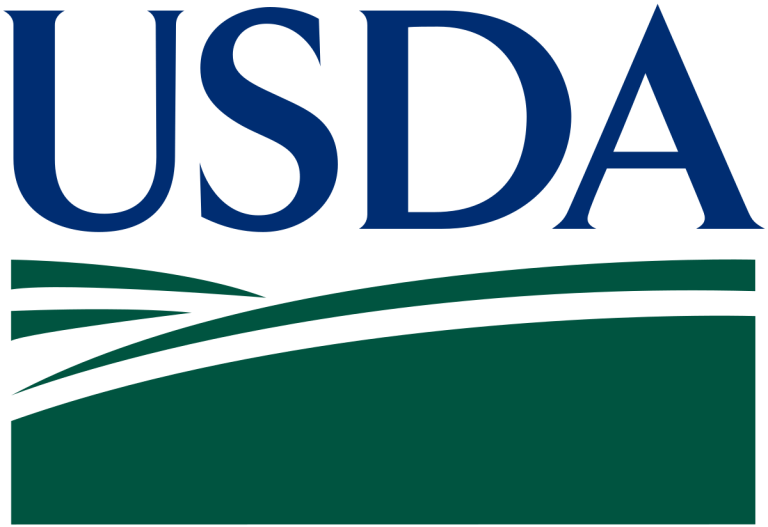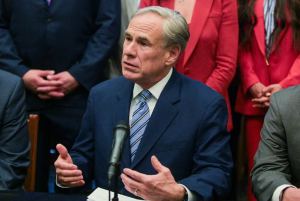A New Legal Fight Emerges
A prominent legal advocacy organization has initiated a significant lawsuit against two powerful federal agencies. This move follows months of public requests for transparency that, so far, have seen little progress. At the heart of the case is a demand for internal documents related to one of the most talked-about investigations in recent history.
Who’s Involved?
The lawsuit has been filed by Democracy Forward, a group known for holding governments accountable through legal means. They are seeking records from both the Department of Justice and the Federal Bureau of Investigation. The requests focus on communications connected to an investigation that has sparked widespread public interest and numerous unanswered questions.
The Context Behind the Request
Freedom of Information Act (FOIA) requests are standard practice for uncovering government-held information. Yet, when requests involve sensitive or politically charged cases, delays and denials become common. Advocates argue that such barriers undermine public trust and obstruct the pursuit of truth.
Legal Precedents and Challenges
The current litigation is not just about gaining access to documents. It represents a broader challenge to governmental opacity. Courts across the country have wrestled with similar FOIA disputes, weighing the public’s right to know against concerns like ongoing investigations and privacy protections.
What’s at Stake?
Transparency advocates contend that the withheld documents could shed light on undisclosed facts. The stakes are high because the case touches on both criminal investigation procedures and political figures, making it a delicate and complex matter.
Public Reaction and Political Implications
The lawsuit has reignited debates over transparency, accountability, and justice. It has garnered attention from activists, legal experts, and politicians alike. Some see it as a crucial test for democratic oversight, while others question its timing and motives.
Efforts to Withhold Information
Federal agencies have offered limited commentary but are known to resist FOIA disclosures, particularly involving cases that may affect national security or individual privacy. This resistance has led to calls for judicial intervention to uphold the principles of open government.
The Role of Congressional Oversight
Parallel to the lawsuit, legislative bodies have increased pressure through subpoenas and hearings. These efforts aim to complement the judicial process and ensure that all relevant information is eventually made available to the public.
Looking Ahead
As the case moves through the courts, both sides prepare for a potentially lengthy legal battle. The outcome could set important precedents for how sensitive government records are handled in the future.
Final Revelation
While the lawsuit’s specifics have been closely guarded, it is widely understood that the documents requested involve communications related to the Jeffrey Epstein investigation. The inclusion of correspondence possibly involving a former president adds further complexity and significance to the case. This lawsuit could prove pivotal in unraveling one of the most closely watched and controversial investigations of recent years.

James Jenkins is a celebrated Pulitzer Prize-winning author whose work has reshaped the way readers think about social justice and human rights in America. Raised in Atlanta, Georgia, James grew up in a community that instilled in him both resilience and a strong sense of responsibility toward others. After studying political science and creative writing at Howard University, he worked as a journalist covering civil rights issues before dedicating himself fully to fiction. His novels are known for their sharp, empathetic portraits of marginalized communities and for weaving personal stories with broader political realities. Jenkins’s breakout novel, Shadows of Freedom, won national acclaim for its unflinching look at systemic inequality, while his more recent works explore themes of identity, resilience, and the fight for dignity in the face of oppression. Beyond his novels, James is an active public speaker, lecturing at universities and participating in nonprofit initiatives that support literacy and community empowerment. He believes that storytelling is a way to preserve history and inspire change. When not writing, James enjoys jazz music, mentoring young writers, and traveling with his family to explore cultures and stories around the world.









